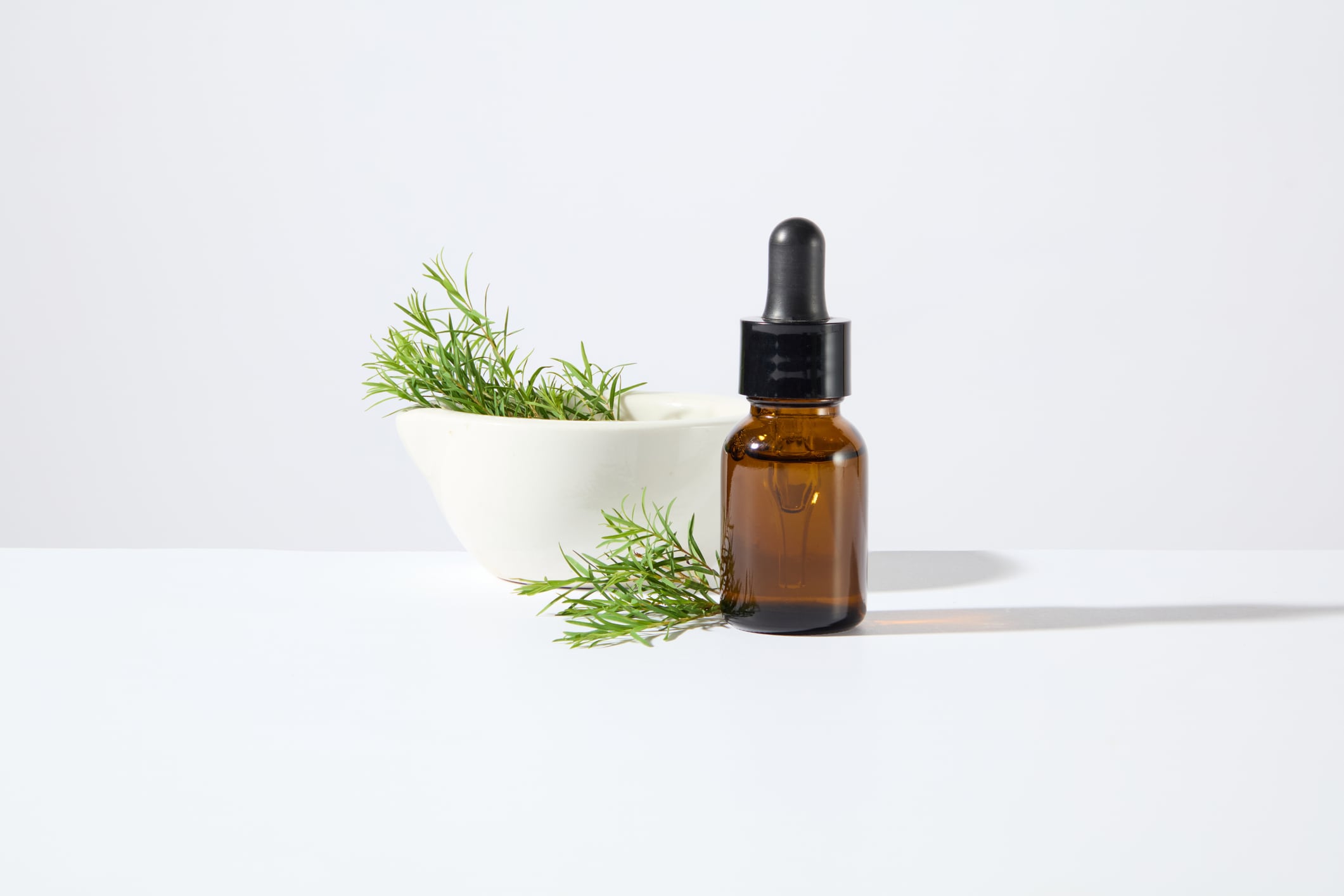Key takeaways
- EU SCCS final opinion: tea tree oil is a moderate skin sensitiser but safe at defined concentrations in four product types.
- ISO compliance required: Oils must meet ISO 4730:2017 standards and stability controls.
- Regulatory divergence: EU and UK assessments differ, impacting supply chains.
- Industry implications: Essential oils and NCS may face increased scrutiny.
The document, published on 14 November, stated that the SCCS considers the use of tea tree oil as an anti-seborrhoeic and anti-microbial agent safe in four product types – up to a maximum concentration of 2.0% in shampoo, 1.0% in shower gel, 1.0% in face wash and 0.1% in face cream.
In the mandate, the SCCS called the ingredient “a moderate skin sensitiser.”
“The assessment has considered all available data, a possible classification as ‘Repr.1B’ under Regulation (EC) No 1272/2008, the conditions laid out in Article 15 (2) (d) of Regulation (EC) No 1223/2009 including the aggregated exposure from the defended cosmetic products and non-cosmetic uses of TTO.”
The oil used must comply with ISO 4730:2017 specifications and should only be used in formulations designed for adults and in non-aerosolised formats to avoid inhalation exposure.
The SCCS also highlighted the absence of stability data, noting the oil’s susceptibility to degradation via light, heat, air and moisture. It stressed that finished formulations must maintain TTO composition within ISO limits and highlighted the relevance of the forthcoming ISO 4730:2025 revision addressing enantiomeric parameters.
The opinion provides welcome clarity for formulators and brands using tea tree oil in terms of defining acceptable concentration limits while also re-emphasising the need for robust stability controls to ensure regulatory compliance.
Industry response and ongoing debate over essential oils
Despite this clarity in the EU market, tea tree still divides opinion for many.
The SCCS first issued a draft opinion advising limiting the use of tea tree oil in cosmetics to lower concentrations in June this year. One concern was that the ingredient contains acetophenone, a naturally occurring compound found in various essential oils and botanical extracts that qualify as Natural Complex Substances (NCS).
In response, the European Federation of Essential Oils (EFEO) formed a consortium and submitted a safety dossier to the SCCS to defend acetophenone’s continued use in cosmetics, following its classification as a reprotoxin earlier this year.
The European Chemicals Agency (ECHA) has previously classified acetophenone as a Category 1B reprotoxin; however, it has not been banned in cosmetics.
UK and EU divergence: what it means for cosmetic supply chains
Meanwhile, in August 2025, the UK Health and Safety Executive (HSE) published its final opinion on the classification of tea tree oil under the Great Britain Classification, Labelling and Packaging (CLP) Regulation and decided to remove the classification of tea tree oil as a reproductive toxicant.
Although the HSE agreed with a number of hazard classifications for tea tree oil (TTO) under the GB CLP Regulation, such as skin sensitisation and irritation, it concluded that a classification for developmental toxicity was not needed based on the current evidence.
The different assessments may lead to divergences in the permitted concentrations of tea tree oil in cosmetic products between the EU and Great Britain and may impact the supply chain between Northern Ireland and GB.
When tea tree came under increased scrutiny in 2023, CosmeticsDesign-Asia spoke to the president of the Australian Tea Tree Industry Association (ATTIA), Phillip Prather, who emphasised the association’s commitment to enabling manufacturers to use tea tree oil confidently and without concerns about its safety.
At the time, Prather highlighted that increased regulations against tea tree oil will likely have a “knock-on effect” on other essential oils and naturally complex substances (NCS) used in cosmetics formulations.
“Tea tree is sort of the first cab off the rank. Tea tree, mint, eucalyptus, and most essential oils are volatile organic compounds,” Prather had said. “There will be implications if tea tree goes down. There’s going to be implications for other essential oils and other natural therapeutic substances for the whole flavour and fragrance industry.”
In 2021, results of a study by Franklin Health Research Centre conclusively ruled out tea tree oil as an endocrine disrupter.
The results of this large prospective epidemiological study conducted in the US concluded there was no substantial link between the essential oil and breast development in young boys, a medical condition called gynaecomastia.


